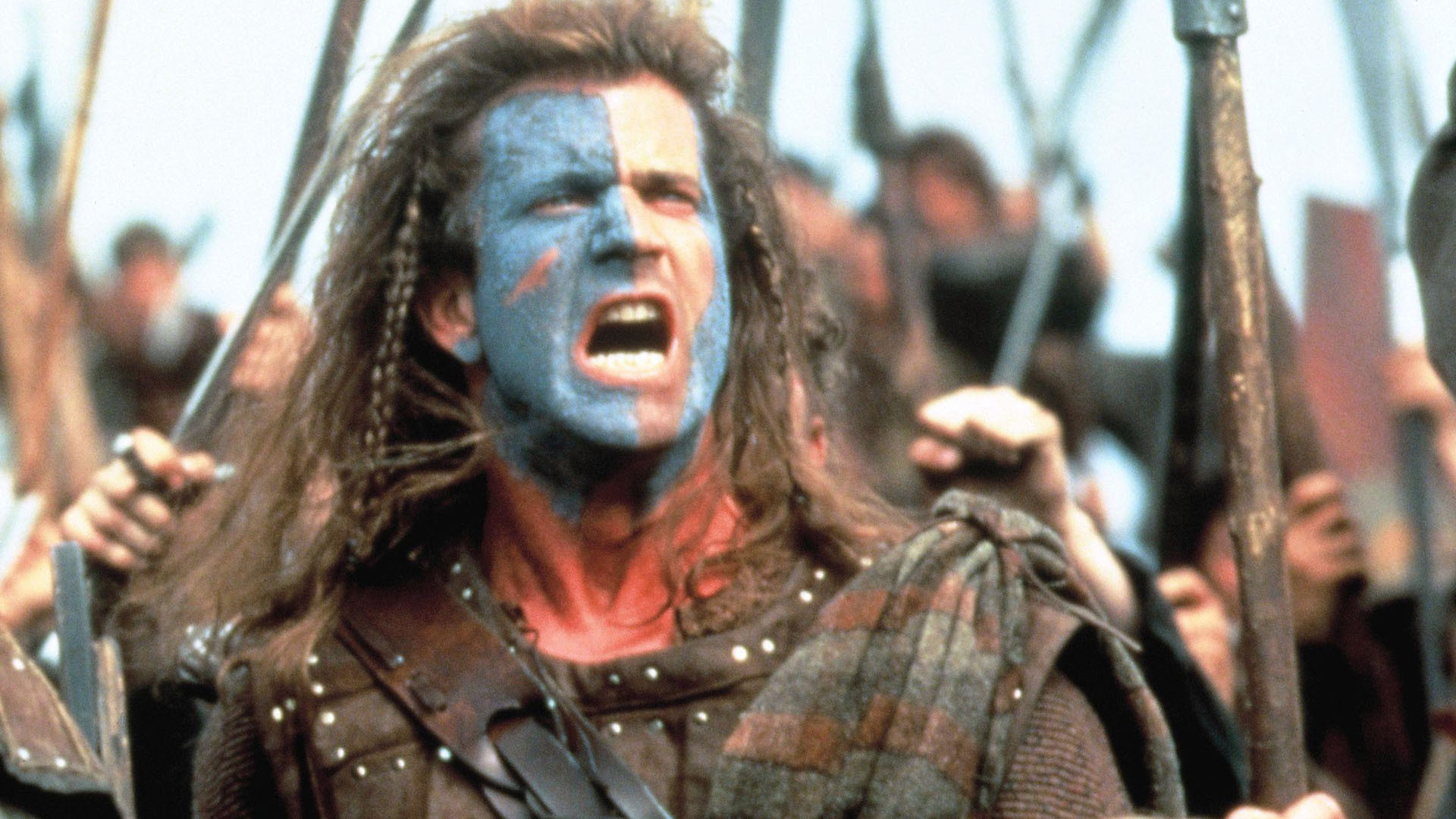 |
| The 7 Traditional Sukkot Guests (Ushpizin) |
Chag Sameach Sukkot!
What's Sukkot?
Beginning five days after Yom
Kippur, Sukkot is named after the booths or huts (sukkot in Hebrew)
in which Jews are supposed to dwell during this week-long
celebration. According to rabbinic tradition, these flimsy sukkot
represent the huts in which the Israelites dwelt during their
40 years of wandering in the desert after escaping from slavery
in Egypt. The festival of Sukkot is one of the three great pilgrimage
festivals (chaggim or regalim) of the Jewish year.
Who are the Ushpizn?
A custom
originating with Lurianic Kabbalah is to recite
the ushpizin prayer to "invite" one of seven
"exalted guests" into the
sukkah.These ushpizin (Aramaic אושפיזין 'guests'),
represent the seven shepherds of Israel: Abraham, Isaac, Jacob, Moses, Aaron, Joseph and David.
According to tradition, each night a different guest enters the
sukkah followed by the other six. Each of the ushpizin has
a unique lesson which teaches the parallels of the spiritual focus of
the day on which they visit.
My Ushpizin -- 7 Notable
Jews and My #1 Question for Each
I've never been quite satisfied with the classic, all-male, all-biblical ushpizin guest list. Haven't we dissected their lessons enough the rest of the year?
So this year, I'm taking a cue from my Fantasy Football-obsessed friends and drafting my own Ushpizin Team. Here are my Top 7 picks and one question I'd ask of each.
- Anne Frank -- I'm obsessed with the line that is most often quoted from your diary, which reads: "Despite everything, I believe that people are really good at heart." You wrote this before your family was found, taken to a concentration camp, and killed. Do you still believe in the inherent goodness of people?
- Betty Friedan -- Feminist and anti-feminist rhetoric is raging again in America in 2015. We're still fighting for a woman's right to control her health and her body. What's your advice for today's young feminist?
- Emma Goldman -- One of your quotes about anarchy was used as the inspiration for one of my favorite TV shows, Sons of Anarchy. Go anywhere you want with that, Emma.
- The Marx brothers and Karl Marx -- No questions. I just want to see them all in a sukkah together.
- Carl Sagan -- Being Jewish and an atheist. Discuss.
- Eli Wiesel -- Have I been reading you wrong all these years? When you said God died on the hangman's noose, did you mean a loss of faith, or a standard Jewish argument with God?
- Ruth Bader Ginsberg -- You're pretty old. Born in 1933. It's unusual for a woman your age to have gone to college and law school when you did. I what ways did your Judaism influence those choices, and did your family's Judaism encourage their support of your efforts?
Your Turn. Who's Your #1 Draft Pick. What's Your
Question?



